Wellbeing For All Life
You are Nature! There is a symbiotic relationship between humans, non-human animals, the environment and all flora. We are all in this together and our wellbeing depends on that relationship...
YOUR WELLBEING
Wellbeing is a level or state of health, happiness and comfortability in life which affects or contributes to your overall being: mind, body, and soul...
It is important to understand your wellbeing also depends on external factors to, like the natural world: the quality of air you breathe, the water you drink, the natural space accessible to you and the quality of food you eat. The natural world and environment play a huge role in your wellbeing and this is why we should all be concerned with the health of natural world and what is happening to it.
In total there are nine key areas to overall wellness: Intellectual, emotional, relational, vocational, cultural, spiritual, financial, environmental, and physical, all of which in some way or another are connected to the natural world and has a direct or indirect impact on the natural world.
NINE AREAS OF WELLBEING?
Intellectual: The continuation of working on and maintaining good mental health, education and development for personal growth and creativity throughout life.
Emotional: The relationship we have with our own thoughts, feelings and how this can affect how we interact with the external world in challenging circumstances or difficult times.
Relational: The willingness to know yourself on a genuine level and others. The ability to reflect and the building of successful relationships through: support, trust, respect, kindness, and love.
Vocational: The satisfaction and personal growth through our career, vocation or job and the enrichment it brings to us through our life.
Cultural: The energy and enjoyment that flows through communities and individuals through cultural or creative arts, recreational activities, and the ability to express freedom: heritage, arts, history, and traditions.
Spiritual: The sense of our life and purpose including values, morals, beliefs, and ethics. This can also include your connection to culture, communities, religion, or spirituality.
Financial: The feeling of security and the ability to control your finances both immediately and in the future. An example of this would be knowing that you can pay all your bills and be able to deal with the unexpected if needed. This would be classed as good financial wellbeing.
Environmental: A safe, stable climate and surroundings of the natural world in which you can live a comfortable life. Clean air, food, water, medicine, and shelter are all provided by the natural world which your health and wellbeing are dependent upon. An example of this: people with access to green spaces or natural nature are less likely to suffer with stress and anxiety if they have a good connection those green spaces, because nature promotes relaxation and tranquillity which is good for your mental health.
Physical: The state of being well and healthy in your body, the ability to move well and carry out daily activities and the connection with mind and soul.
MIND, BODY, SOUL...
Mind, body, soul is your entire being and what makes you, you. When we think of our overall fitness or wellbeing, we should remember that means our entire being: mind, body, soul.
MIND: Is the ability to think, process, reason and respond with intellect. Allows us to be aware of the world and our experiences within it.
BODY: Is our physical being: bones, organs, blood vessels, veins, muscles, ligaments, tendons, fascia, bodily fluids, and skin. It's the home in which your soul lives…
SOUL: Is the essence of you. The spark of energy that makes your heartbeat, the part of you that is immortal. Your natural life energy that is not your body or mind…You are a soul; you have a body and mind…
CONNECTIONS WITH NATURE...
Your connection with the natural world is important because its affects and enhances your wellbeing, health and circadian rhythm.
Did you know a good connection with the natural world can: improve physical health, improve your mood, reduces negative feelings, promotes relaxation, is a source of inspiration, boosts the immune system, improves sleep, gives you awareness of conservation and makes you more present. To develop a better connection with nature follow the five pathways and think and feel how each area may influence you and boost your wellbeing through: senses, emotion, compassion, meaning and beauty. Remember the term nature collectively means all flora, fauna and habitats.
You can improve your connection with nature by: going for more nature walks, gardening, walking barefoot on the grass, bird watching, identifying plants, walking along a beach, finding the wilderness, listening to nature, observing the seasons and weather, grow flowers or vegetables, giving nature a home in your garden, sitting in nature, or watching wildlife.
NEED SOME HELP?
If you are feeling like your wellbeing isn't where it should be, or you are feeling a little out of sorts check the nine areas of wellbeing and rate each area as: Good, Ok, or Poor, this will give you an indication of where and what to start working on and what may need to change to improve your life.
Also check your sleep, nutrition, exercise, and rehydration levels.
Build a better connection to the natural world because after all, you are nature, you need to be surrounded by nature which will boost your overall wellbeing, improve empathetic qualities and self regulation skills.

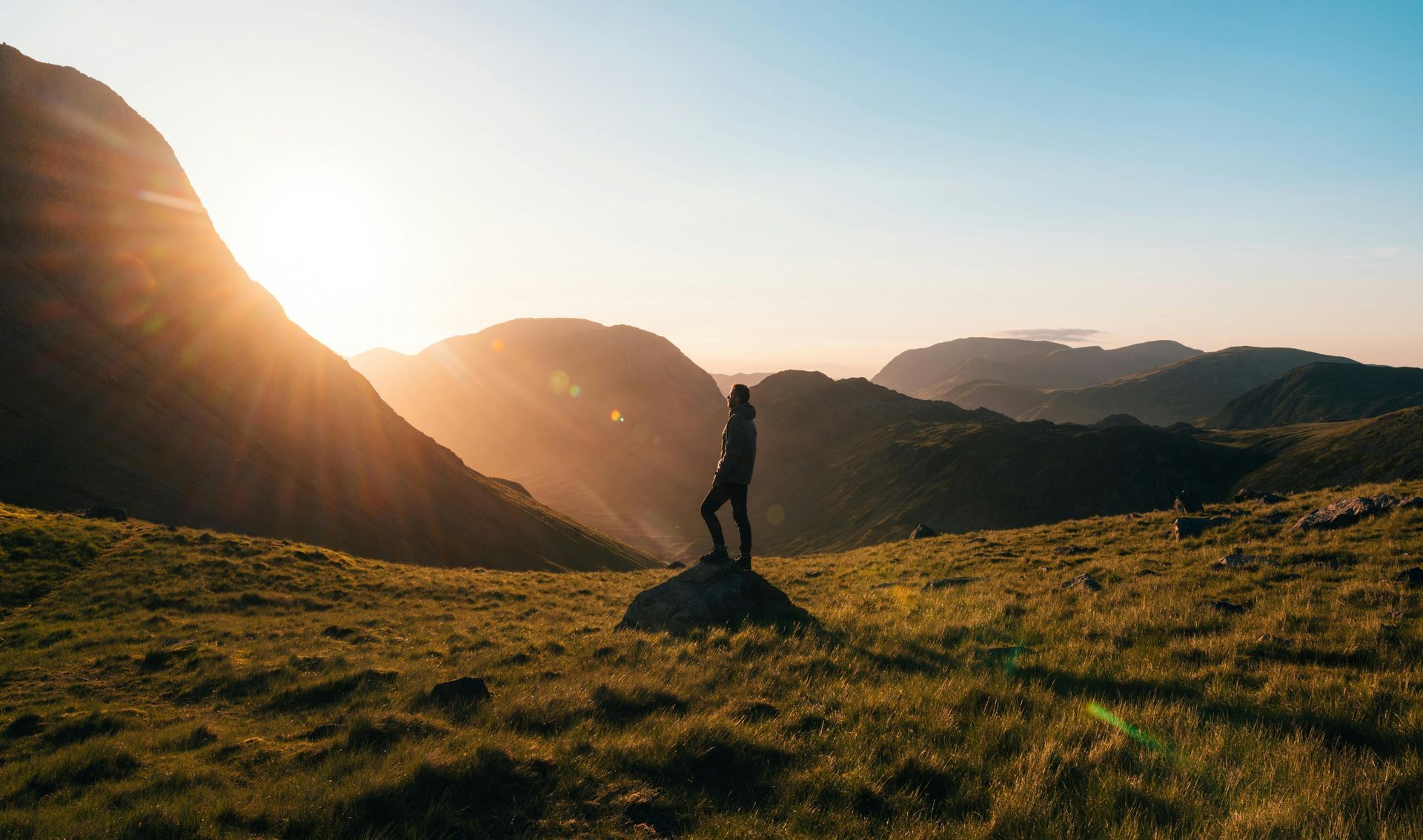



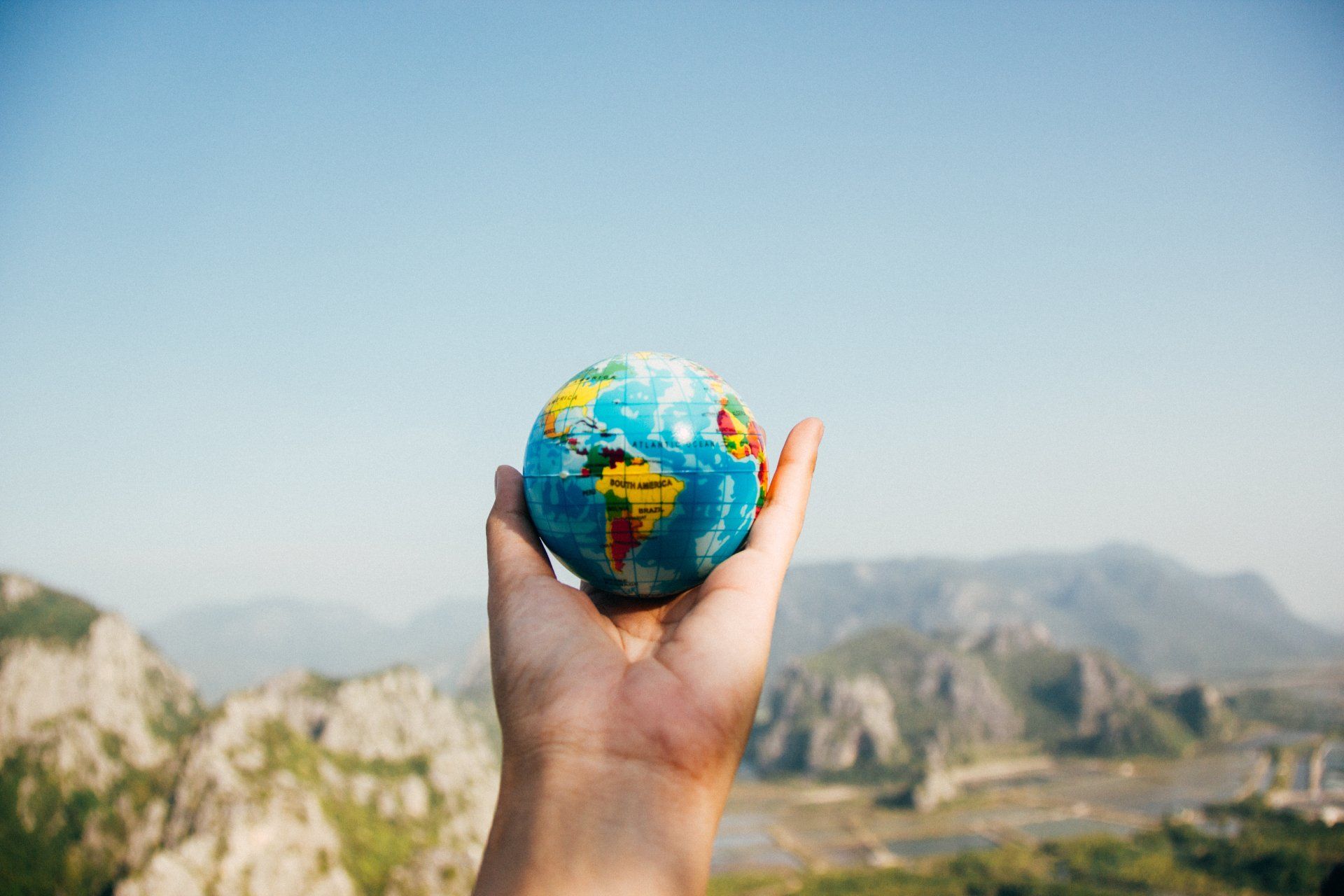
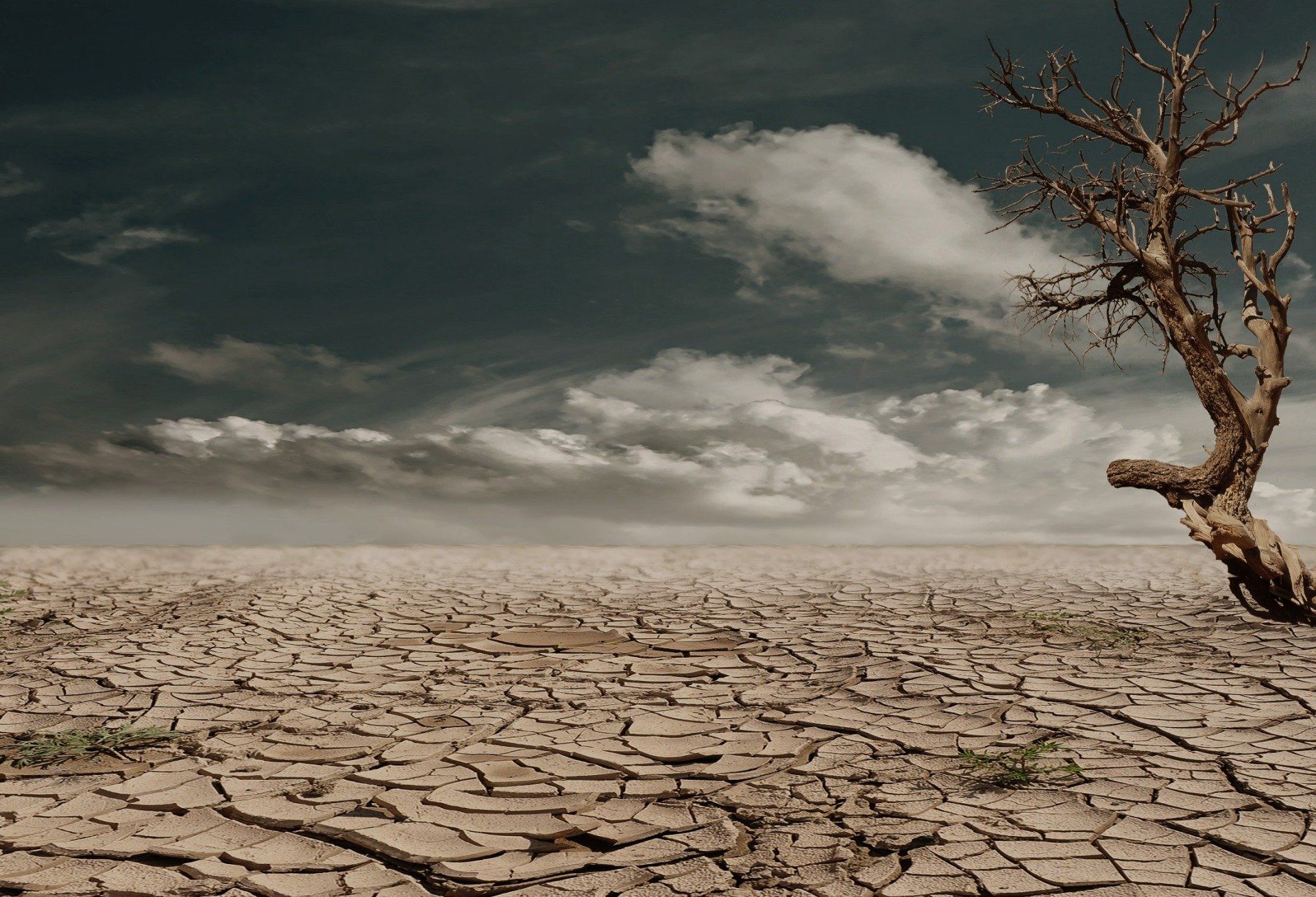
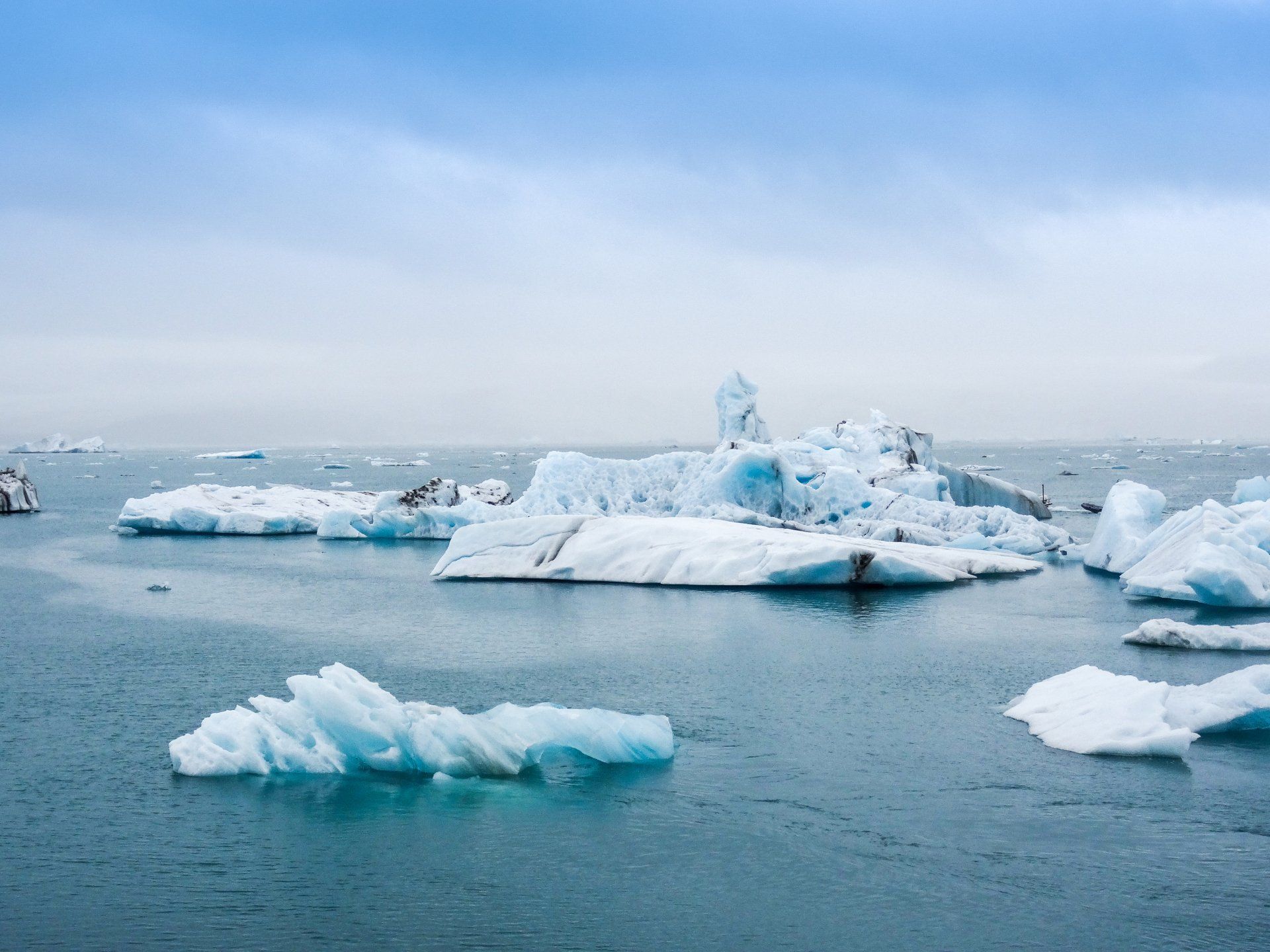
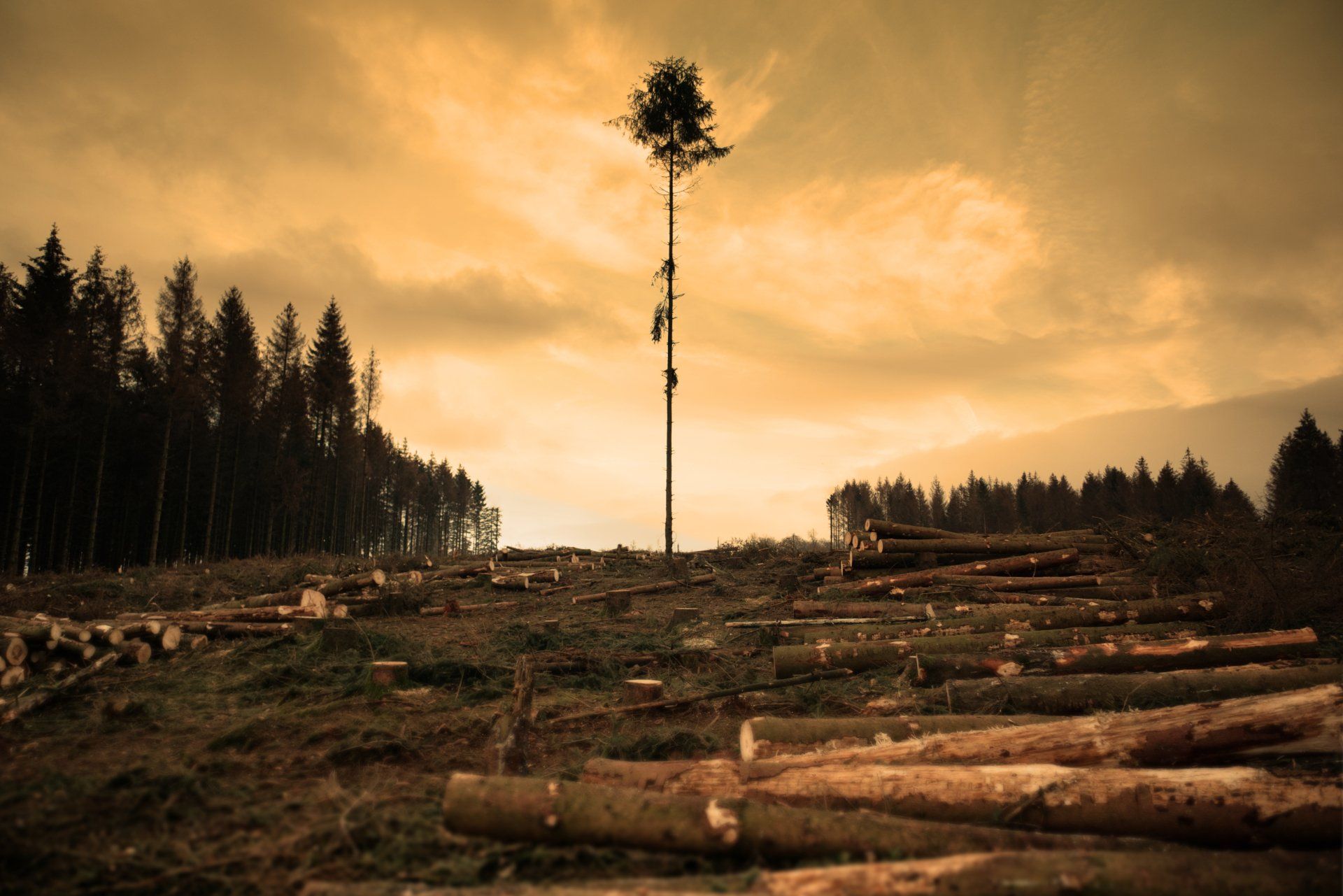
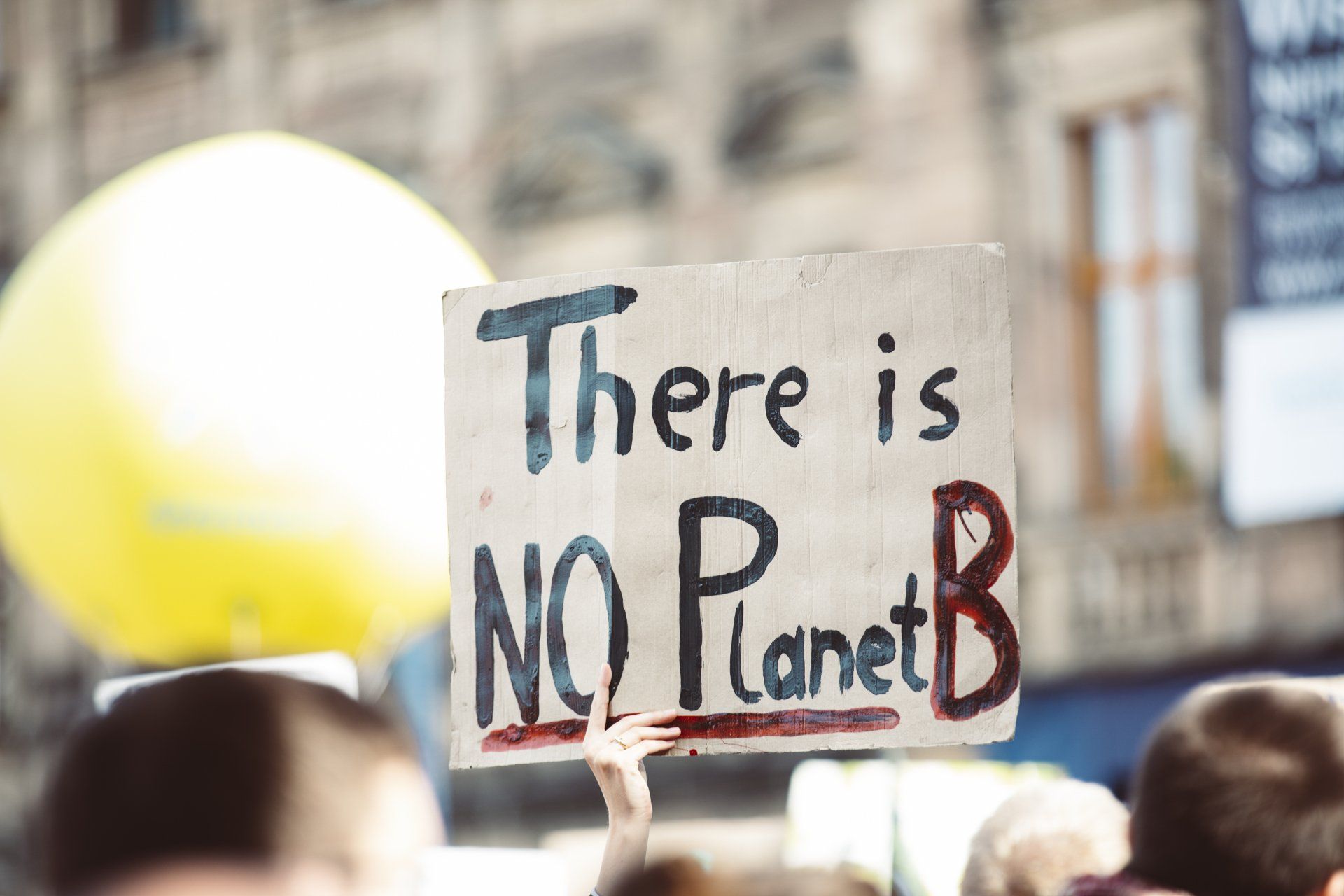
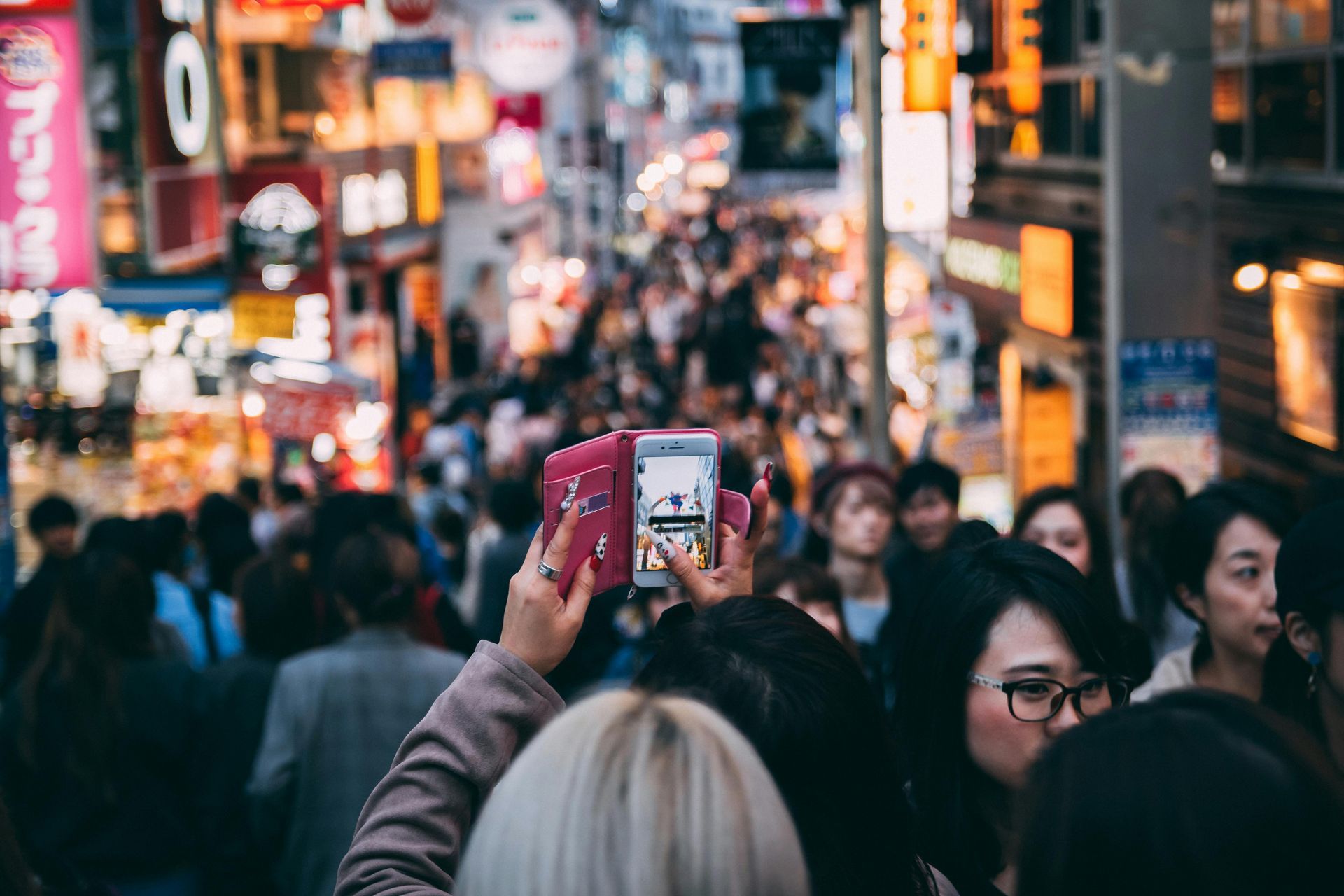
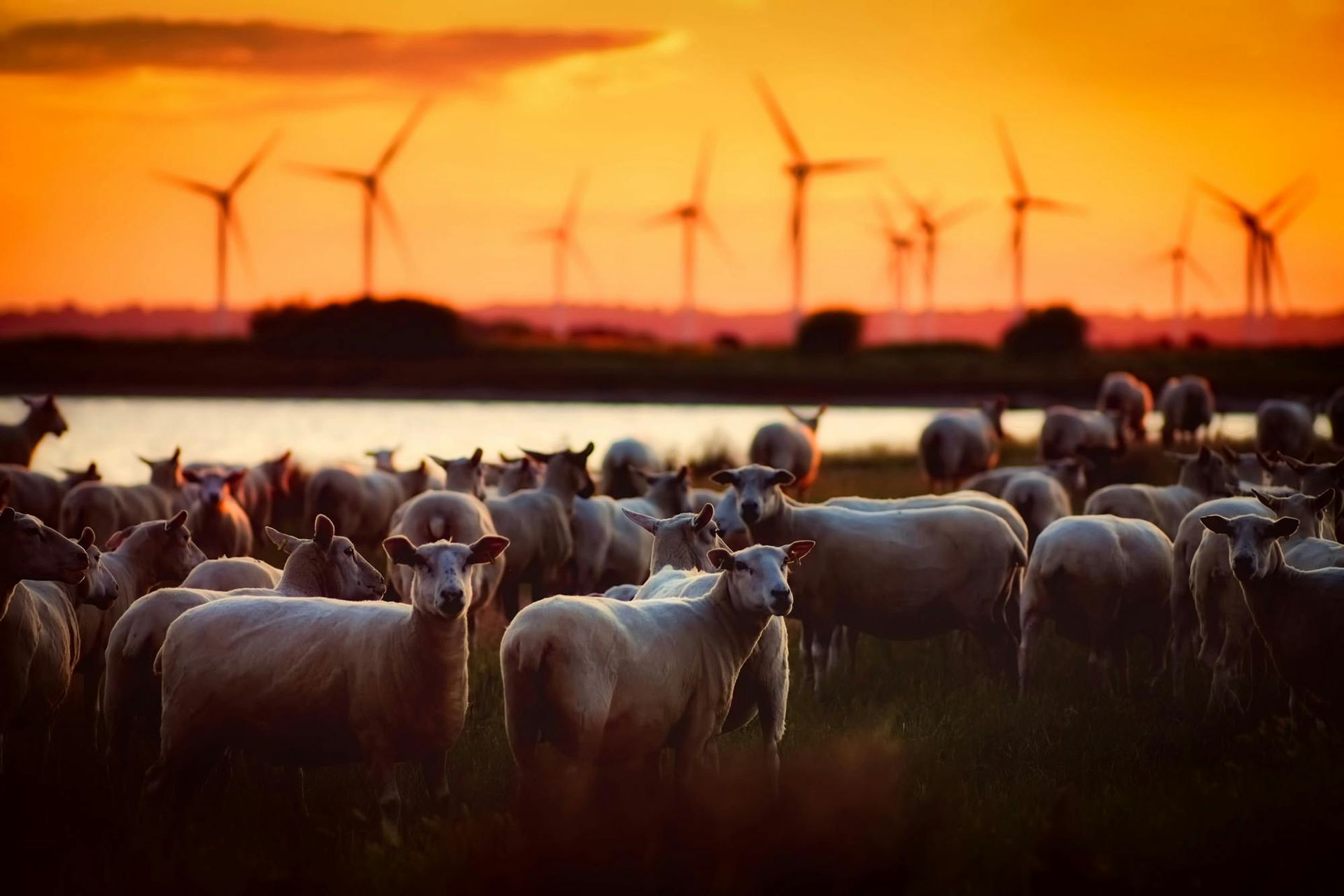
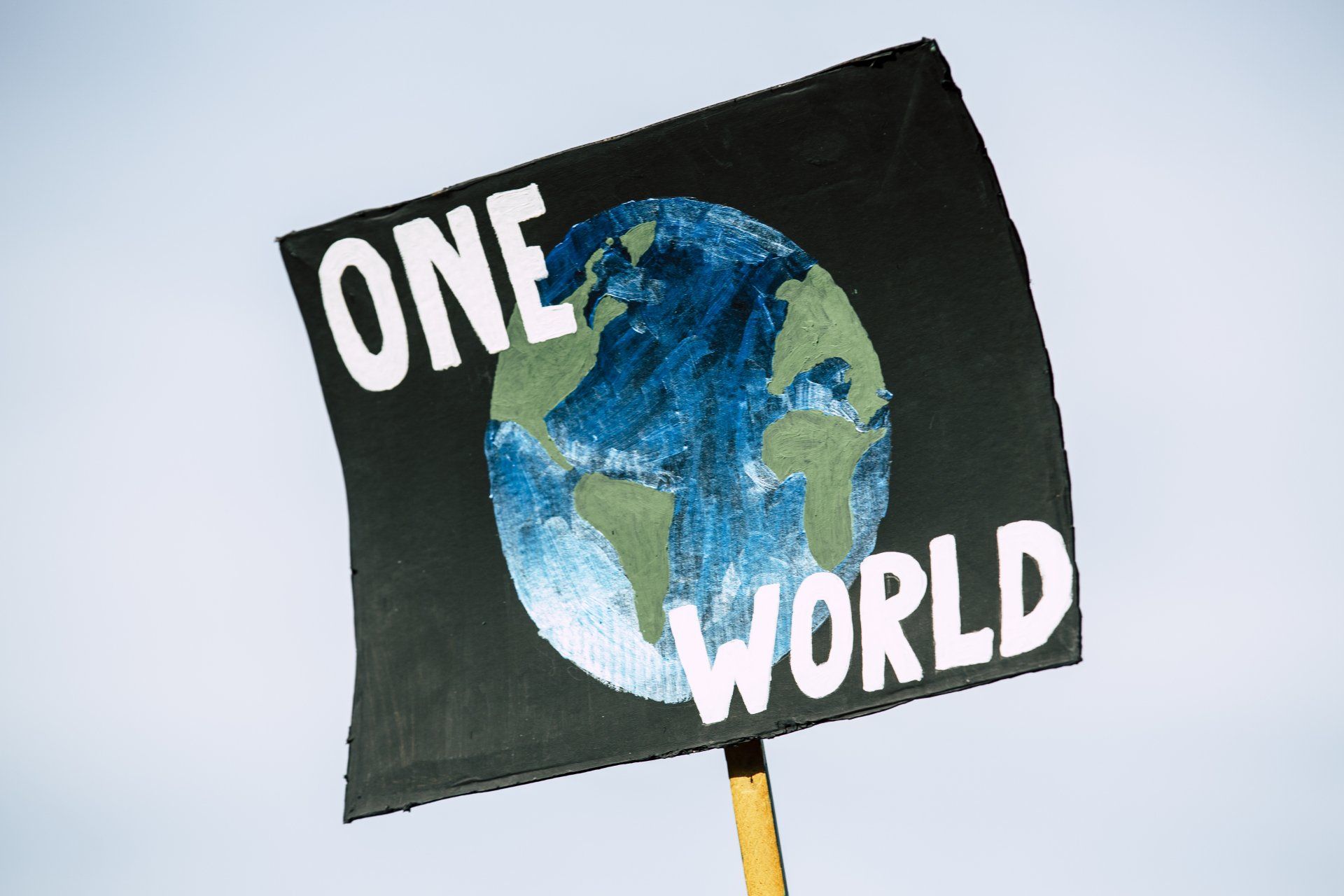
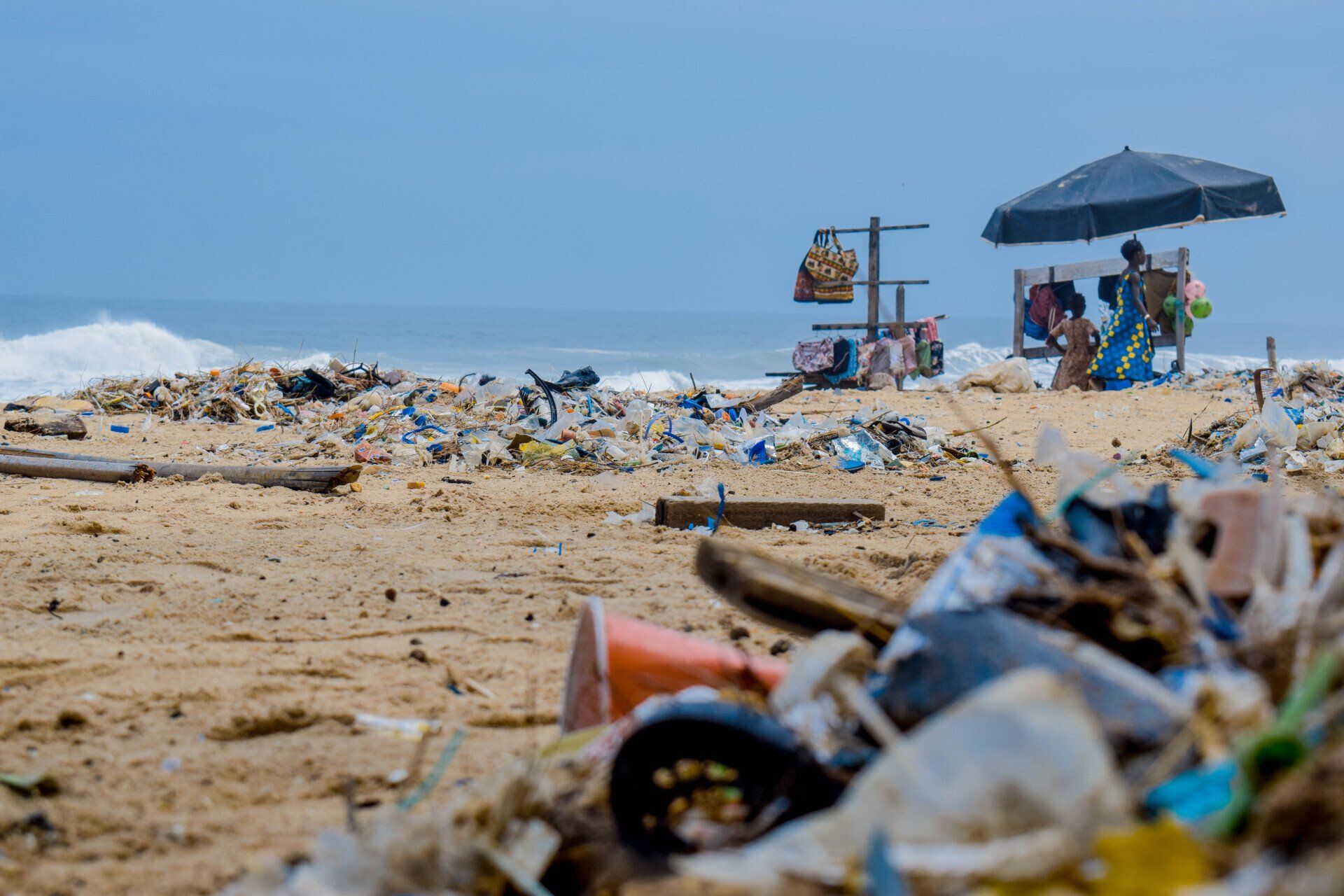

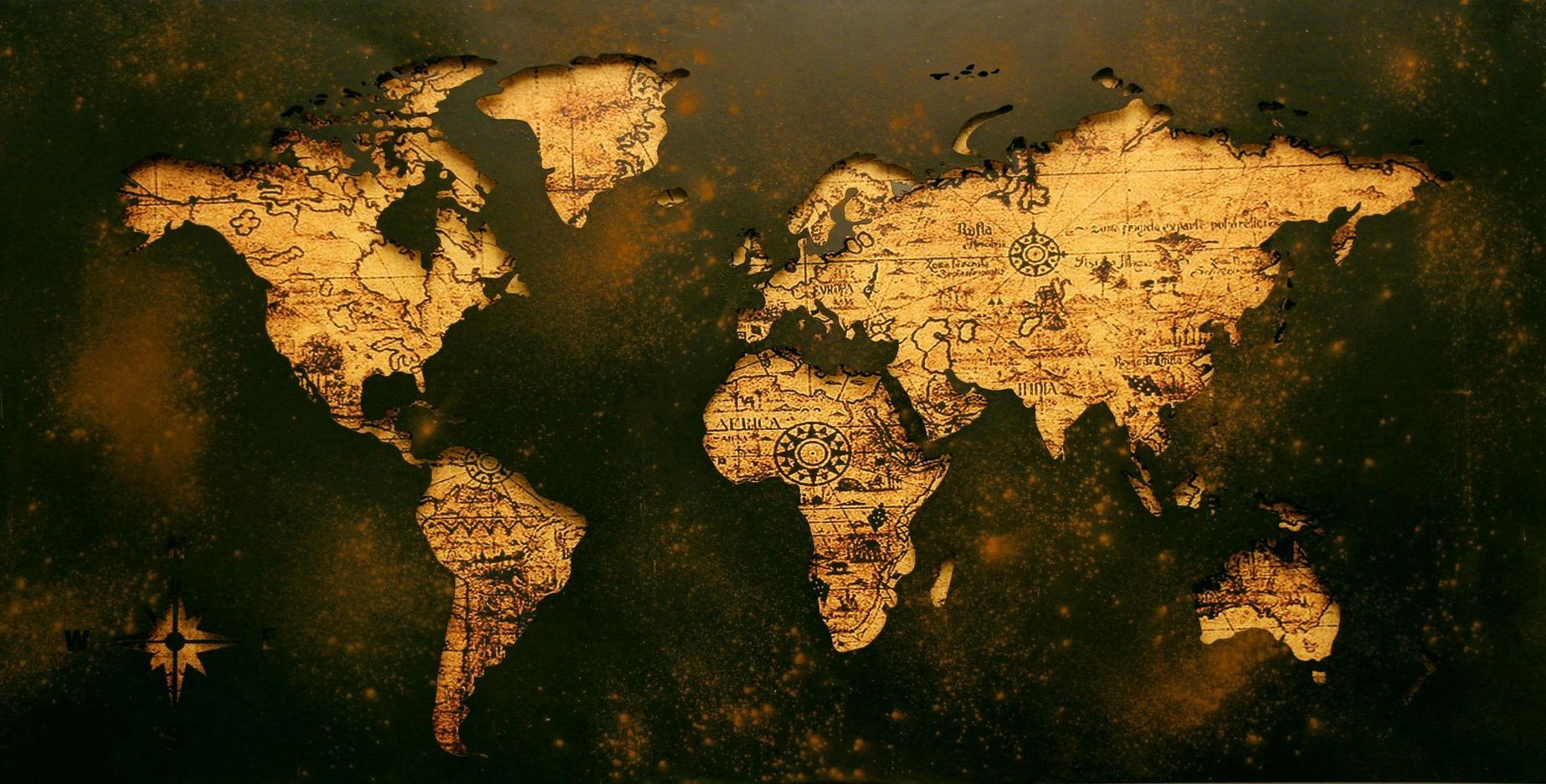
WELLBEING OF THE NATURAL WORLD
The natural world consists of all the flora and fauna, natural resources and anything that is a part of nature that is not made or caused by people, including the physical world itself and the universe. Our relationship with the natural world is incredibly important for our own wellbeing but also for the future of all life on earth, because in some way or another we are all connected, including non-human animals. This connection is called the web of life and it's important that all threads of the web of life are present to create fully functioning healthy ecosystems, which in turn creates the huge biosphere "planet earth" (one large ecosystem). So, what happens in one ecosystem, whether locally or globally affects the entire functioning of the biosphere "planet earth".
Over time the human connection to the natural world has deteriorated and we have taken for granted: natural resources, non-human animals, and natural habitats, which is resulting in climate change, habitat loss and the sixth mass extinction.
While background extinction is a natural phenomenon, the sixth mass extinction is not, because it is being driven so rapidly and caused by human activity such as: climate change, unsustainable natural resource use, including water, energy, and land. The sixth mass extinction is excelling at a rate of 1000 - 10,000 times higher than background extinction rates, meaning evolution and adaptation of the natural world cannot keep up with human consumption and activity.
CLIMATE CHANGE
Climate change is where weather patterns change for the long term and change the local, regional, or even global climates. This can even include abnormal or irregular weather patterns for a long period of time.
The main causes of climate change are:
1. The burning of fossil fuels: coal, oil, and gas. When burnt these produce carbon dioxide and nitrous oxide which heat the planet up.
2. Deforestation (see habitat loss info).
3. Livestock farming (see habitat loss info).
4. The use of fertilisers containing nitrogen which produce nitrous oxide emissions and the ability to damage water supplies, lakes, rivers and even the ocean from agricultural run off.
5. Transportation: the way we move around the planet locally and globally. The most polluting form of transportation is road transport: cars, buses, lorries, motor bikes, followed by aviation and marine transport and lastly locomotives. The use of cycling, walking and locomotives could result in a much kinder combination of travel for the environment.
6. Landfills, the lack of recycling or up-cycling of materials which then result in waste materials being buried underground. We need to use less and recycle more.
7. Fracking is the process of opening fissures within subterranean rocks or boreholes with liquid of high pressure to extract oil and gas fossil fuels. Fossil fuels are not good for the environment locally or globally.
8. The production of energy at power plants such as hydroelectric, nuclear, coal fired, oil fired or natural gas fired all take a toll on the natural world. We need to reduce our energy consumption - use less.
9. Melting permafrost (soil that has been frozen for more than two years), on melting it releases the CO2 into the atmosphere. As the planet continues to warm up, more permafrost is beginning to melt in the northern hemisphere which is releasing more CO2 which then speeds up warming.
10. Consumerism: the acquisition of more goods and services which are not necessary for survival. Buy less, use less.
HABITAT LOSS
75% of the earth’s surface has already been damaged by human activities according to (IPBES) Science-policy platform on biodiversity and ecosystem services. When we lose habitats, we lose ecosystems and ecosystems are important because they benefit all life through ecosystem services such as: pollination, water and air purification, nutrient cycles, carbon storage and many other benefits within supporting, provisioning, cultural and maintaining services. Without wild habitat you can’t have wildlife, and without wildlife, ecosystems can’t function properly which then affects ecosystem services which ultimately affects the entire natural world.
So, what is causing habitat loss:
1. Agriculture - particularly the meat and dairy industry which causes catastrophic damage to the natural world, due to the amount of resource consumption required, land and pollution it causes, let alone the animal cruelty and suffering. A vegan diet can dramatically reduce your resource use and carbon footprint.
2. Urbanisation - land taken for housing, business premises, roads, and human infrastructure.
3. Deforestation - due to the need for space for agriculture, urbanisation, and timber for building resources.
4. Resource extraction - overfishing, dredging of the sea for building materials and minerals, deforestation for building materials and minerals.
5. Habitat degradation due to invasive species, unsustainable resource use, pollution and soil infertility resulting in desertification.
6. Habitat fragmentation - when parts of the habitat are destroyed leaving isolated, smaller parts of habitat disconnected, this is often caused by urbanisation, resource extraction and agriculture.
7. Climate change - leads to the destruction of habitat and degradation such as the Artic and Antarctica (melting ice caps).
8. As you can see all these issues are interlinked but excelled by one thing in common, human population.
BIODIVERSITY LOSS
Biodiversity loss means the loss or decline of biodiversity (flora, fauna, living organisms including the patterns within ecosystems or the ecosystem itself). Think of biodiversity as the amount of living things that inhabit the planet. We are currently in the sixth mass extinction which you would have already read about. This means the variety of life on the planet is becoming less and less due to all the information we have previously discussed. Biodiversity loss is a huge risk to the entire natural world including human life, as the entire web of life is becoming fragile.
"The rapid loss of biodiversity that we are witnessing is about much more than nature. The collapse of ecosystems will threaten the wellbeing and livelihoods of everyone on the planet".Linda Krueger - Director of Biodiversity and Infrastructure Policy of Nature Conservancy.
HUMAN POPULATION
The driving factor behind all the issues discussed: habitat loss, climate change and biodiversity loss, is human population. The more humans we have on the planet the more resources, more space and energy that will be required to support the human life, before considering the non-human life which is decreasing all the time. This is a global issue and is every everyone’s responsibility. One way we could tackle this issue is to have smaller families.
One thing for certain is that as the human population continues to grow and life expectancy increases, we must keep in mind the health and wellbeing of the natural world, to ensure a world worth handing down to future generations. After all our wellbeing is dependent upon a healthy, fully functioning natural world.
WELLBEING FOR ALL THROUGH KINDNESS, EMPATHY & COMPASSION
KINDNESS
What is Kindness?
It's an action or behaviour that renders assistance or concern for others without expecting praise or rewards in return. This act or behaviour includes generosity, consideration and is ultimately about doing good for others in a selfless manner. Kindness is also about respecting others: people, animals and the natural world through our physical actions, intentions, and thoughts. Kind acts are singular, where as a kind person or kind being allows kindness to filter through all they do in life, for all life.
EMPATHY
What is Empathy?
It's the ability to be able to take the perspective of another and relate, "put yourself in their shoes" understand thoughts, feelings, emotions, or abilities. Empathy should also be practiced towards those that don't have a voice, for example all sentient beings such as animals, or the natural world which cannot defend itself but should also be given respect for its own intrinsic value.
COMPASSION
What is Compassion?
Compassion is the desire to help and create change ultimately improving the situation for others: people, the natural world, and animals. Compassion is action based and is the "doing" or "supporting the doing" and has all the qualities of empathy and kindness. Compassion means "to suffer together" it's the motivation and sympathy to relieve ones suffering and goes one step further than kindness or empathy because it leads to altruism. Altruism is the moral concern and welfare of the subject’s quality of life in mind, body and soul.
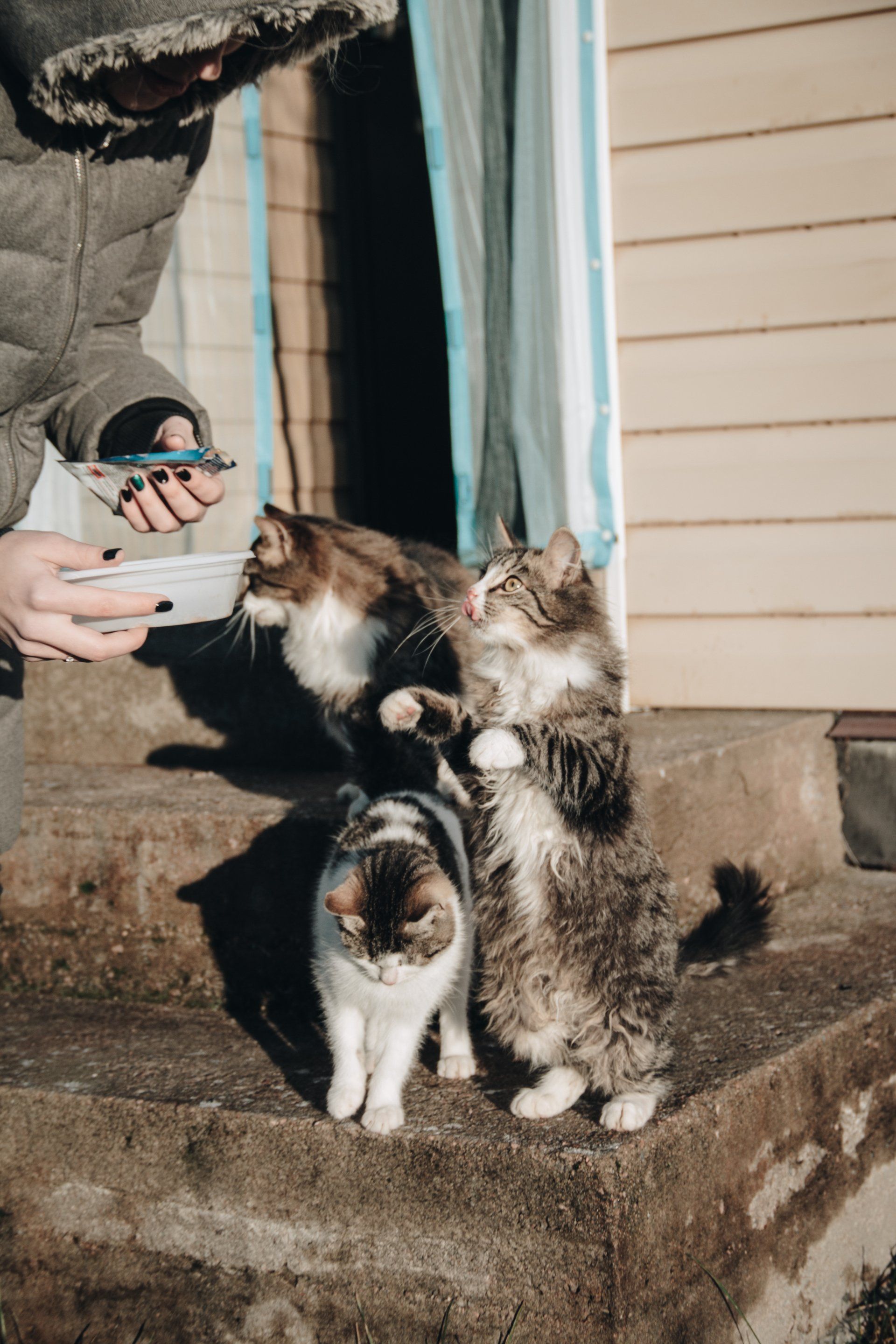
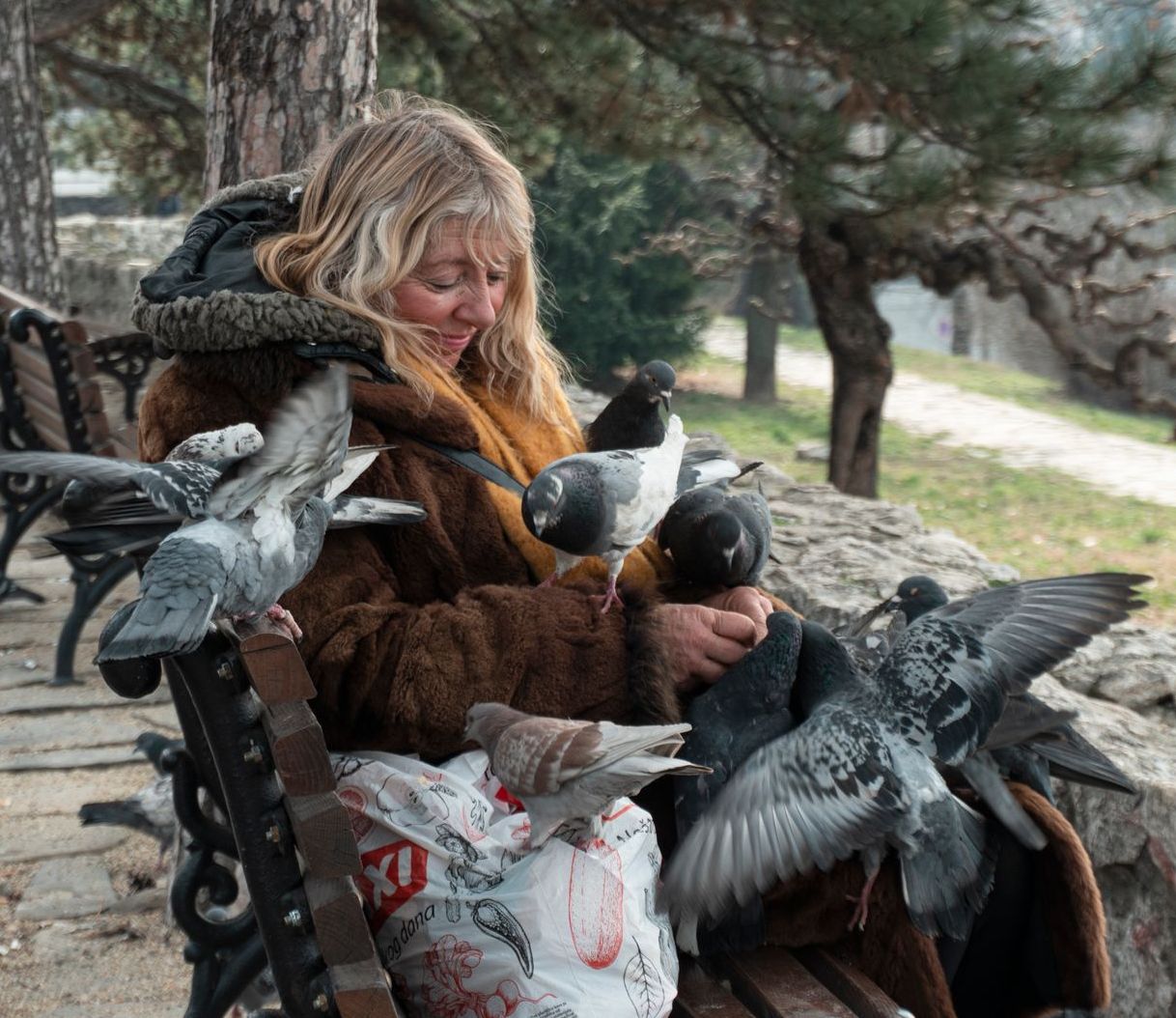

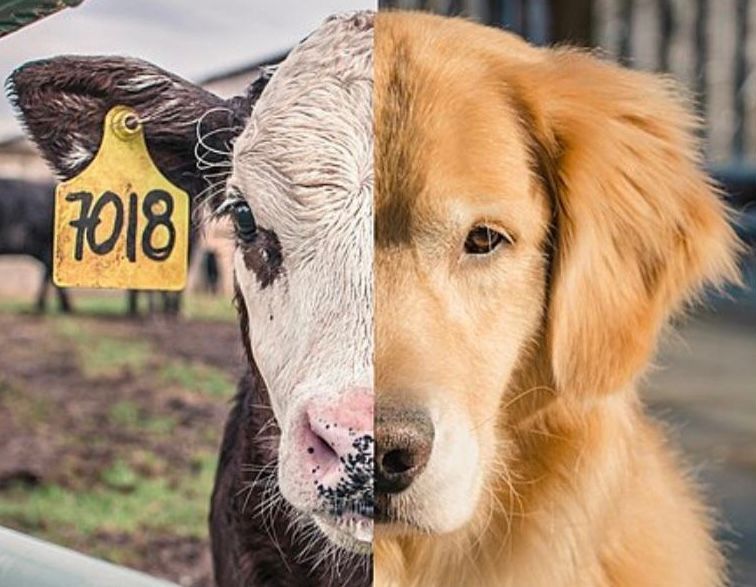
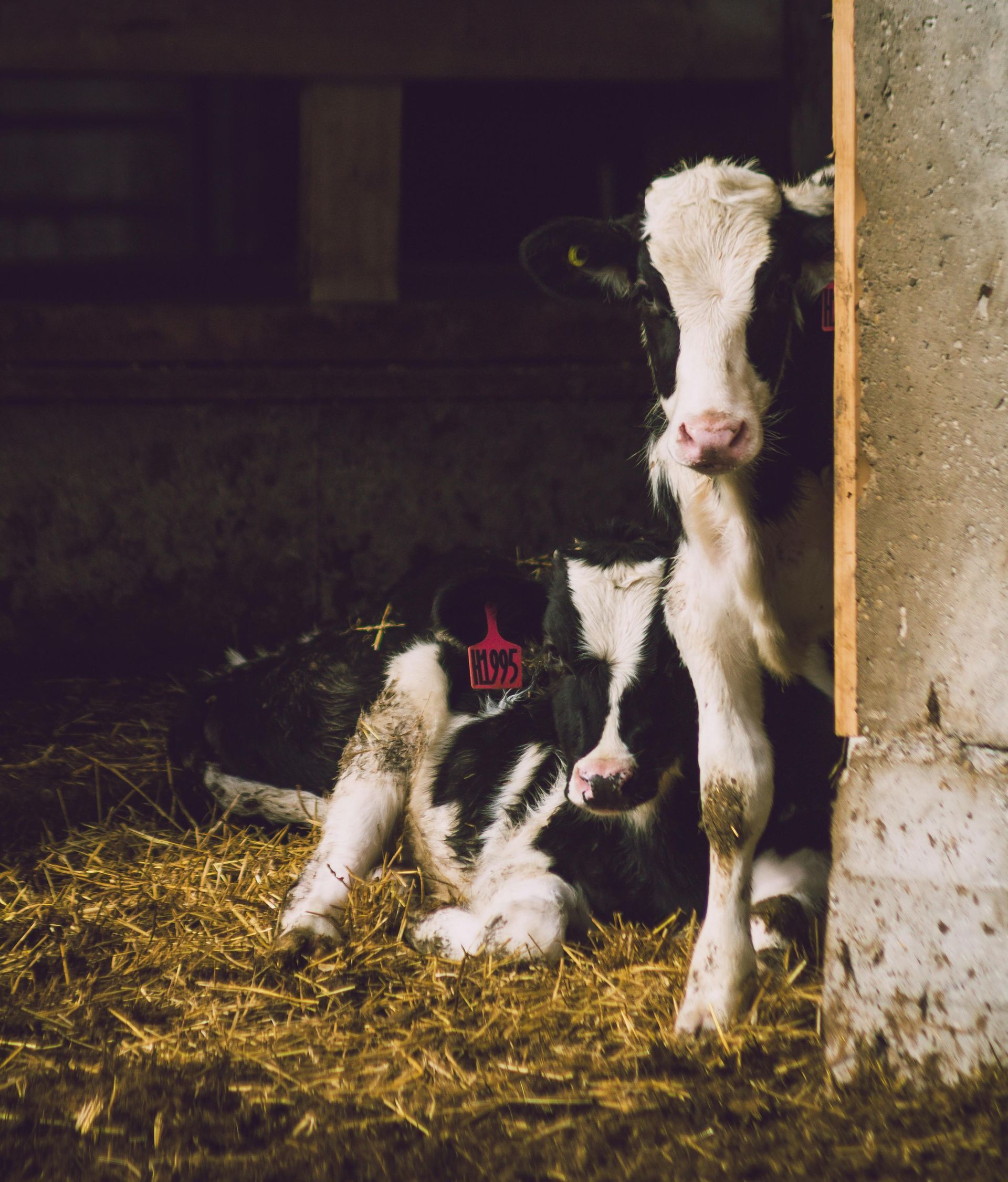
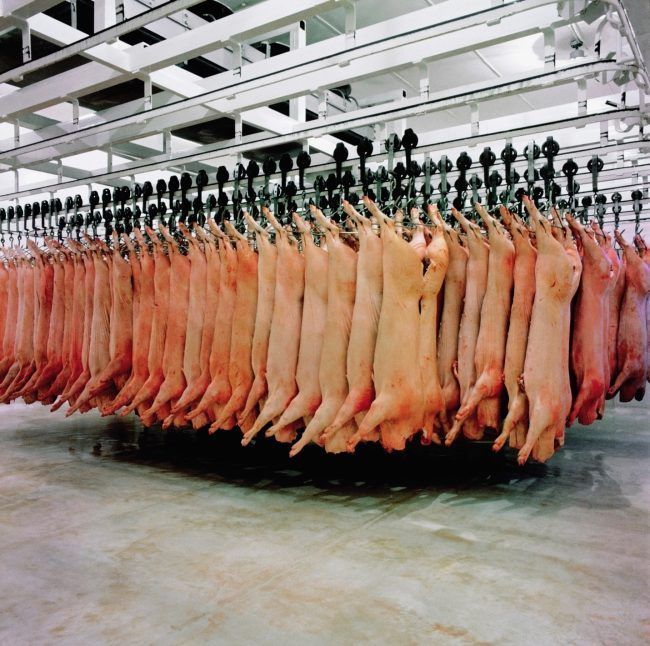
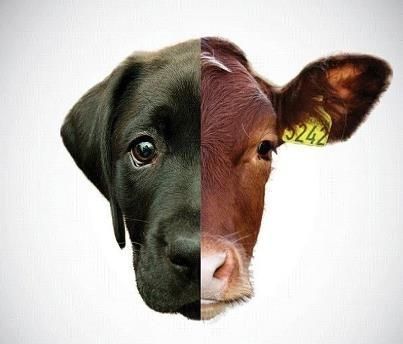
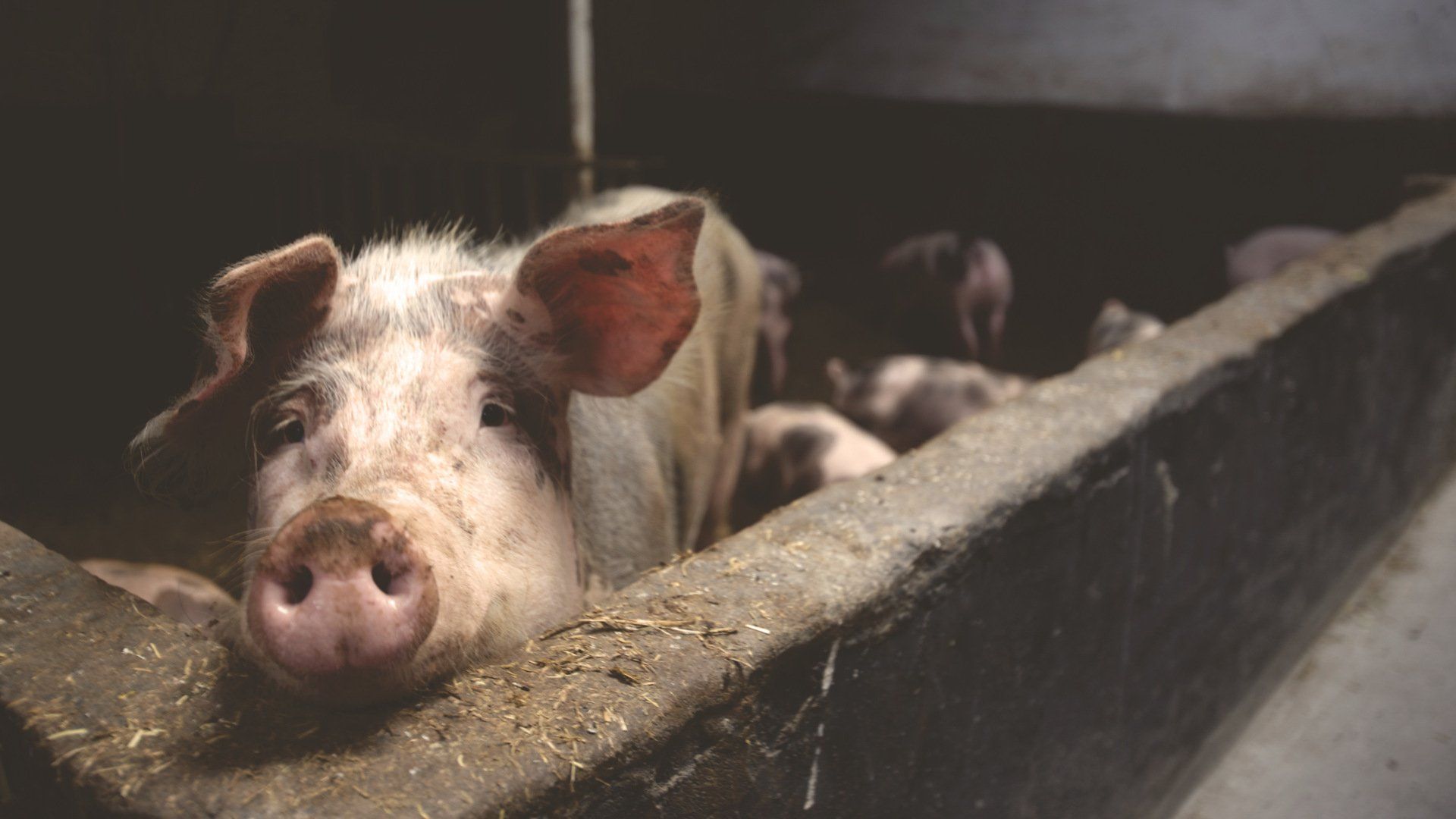
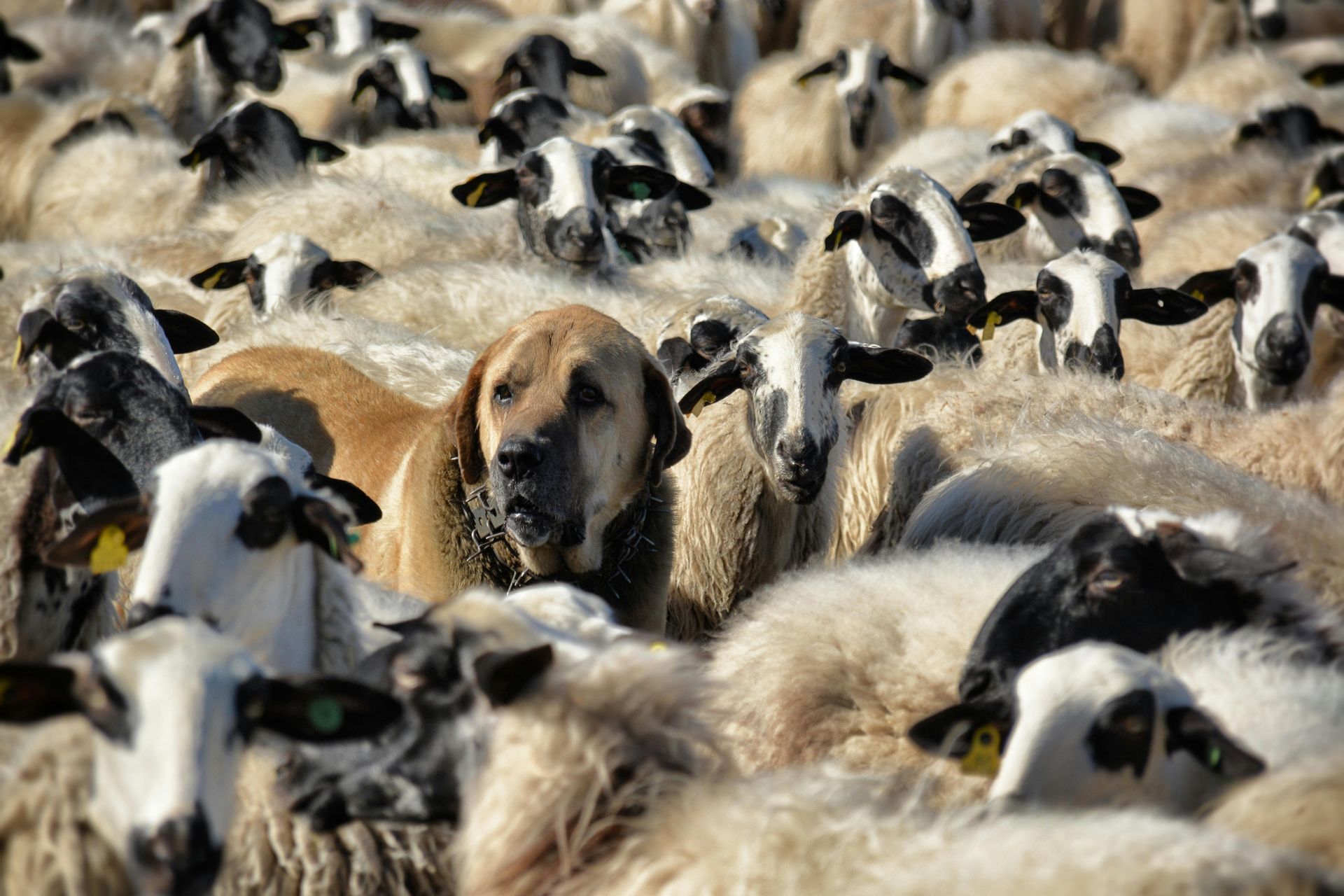

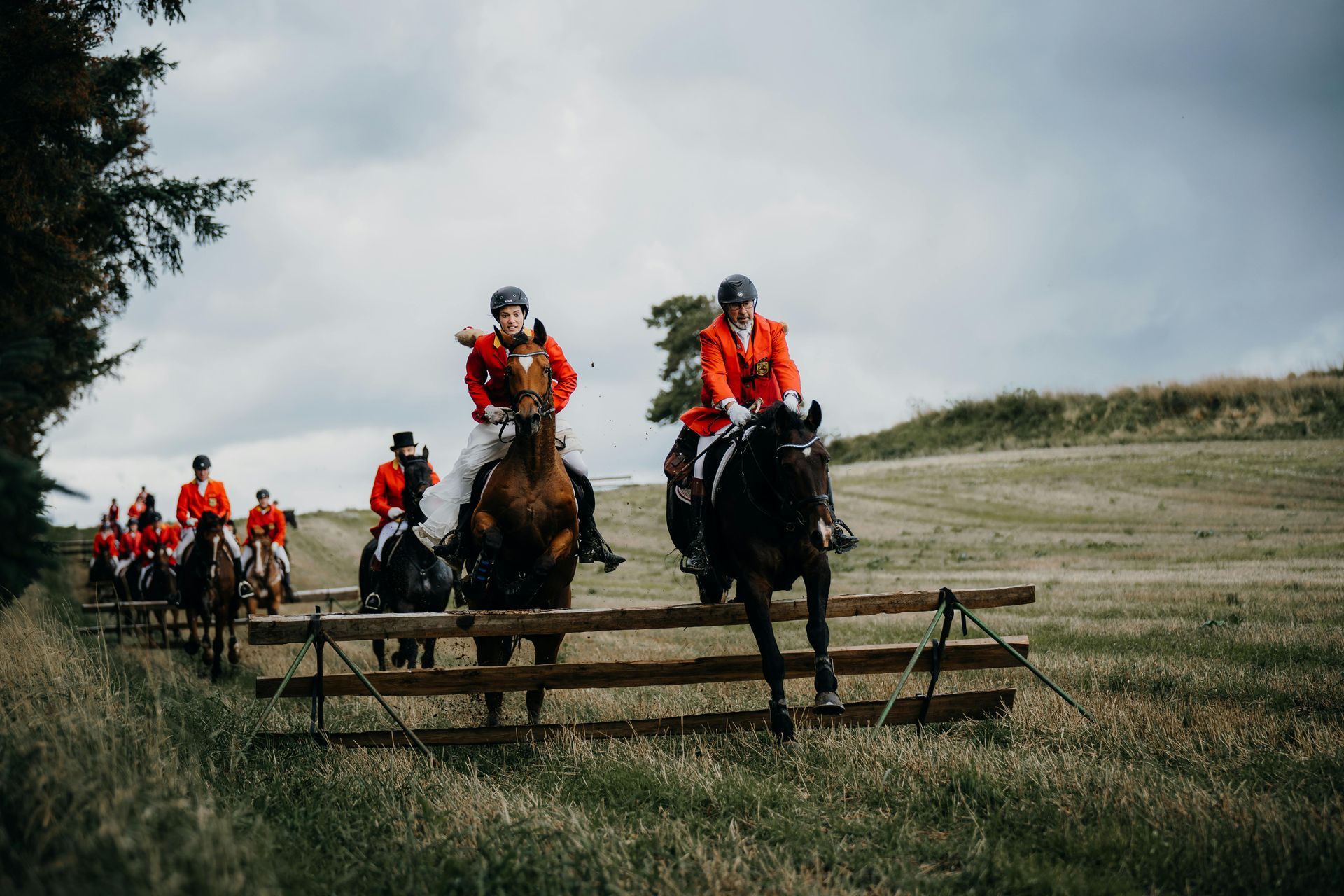
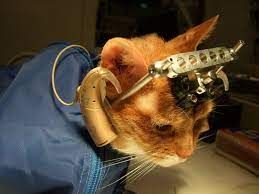

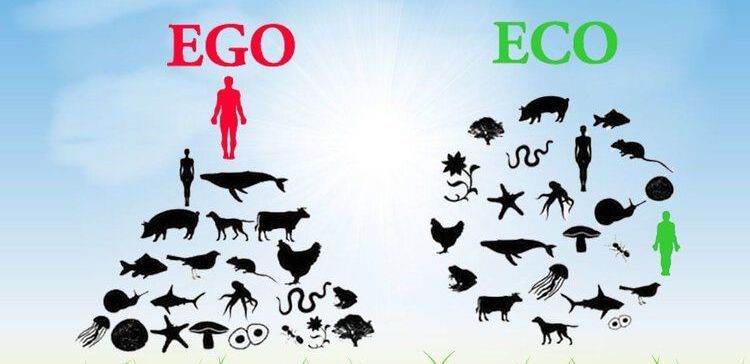
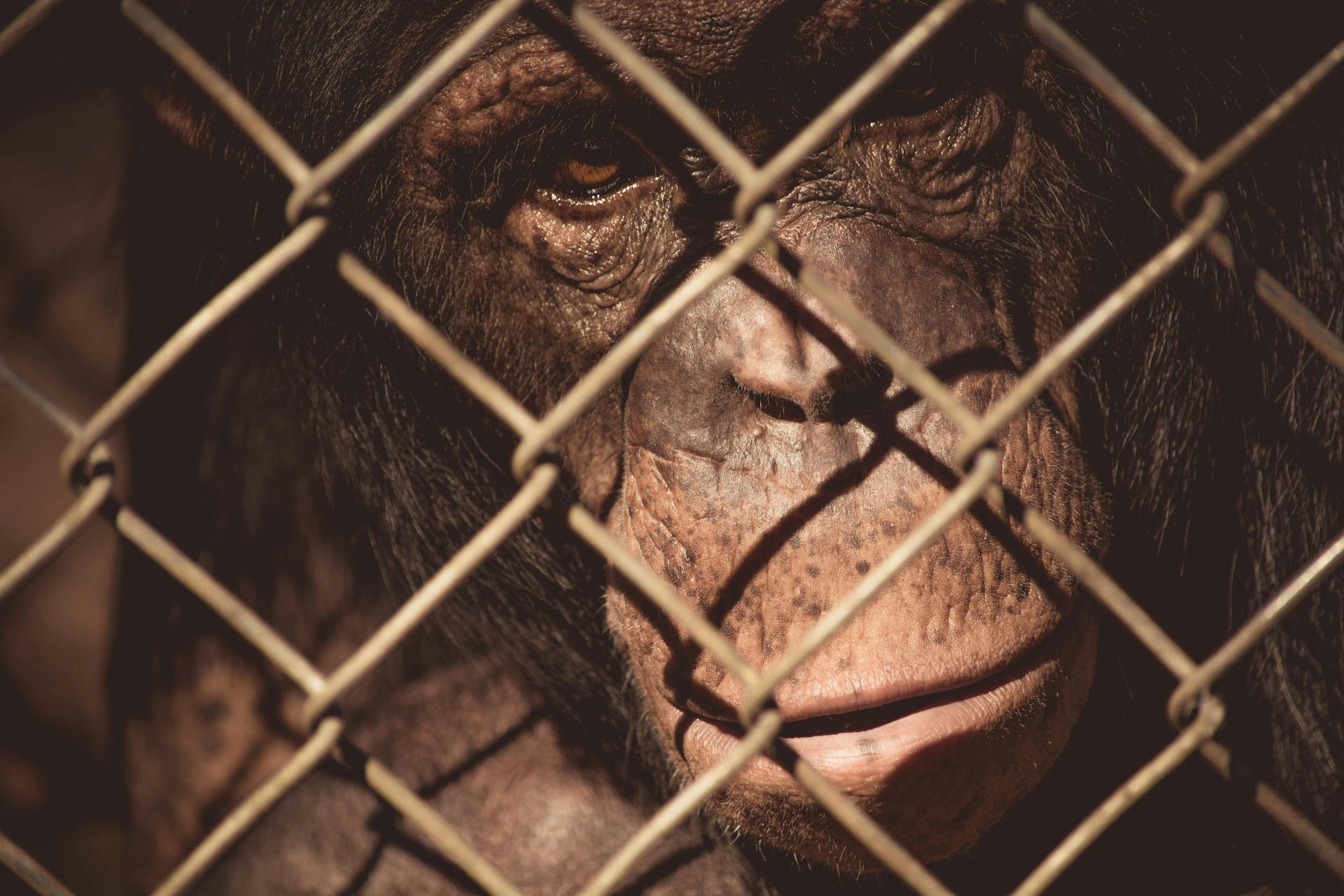

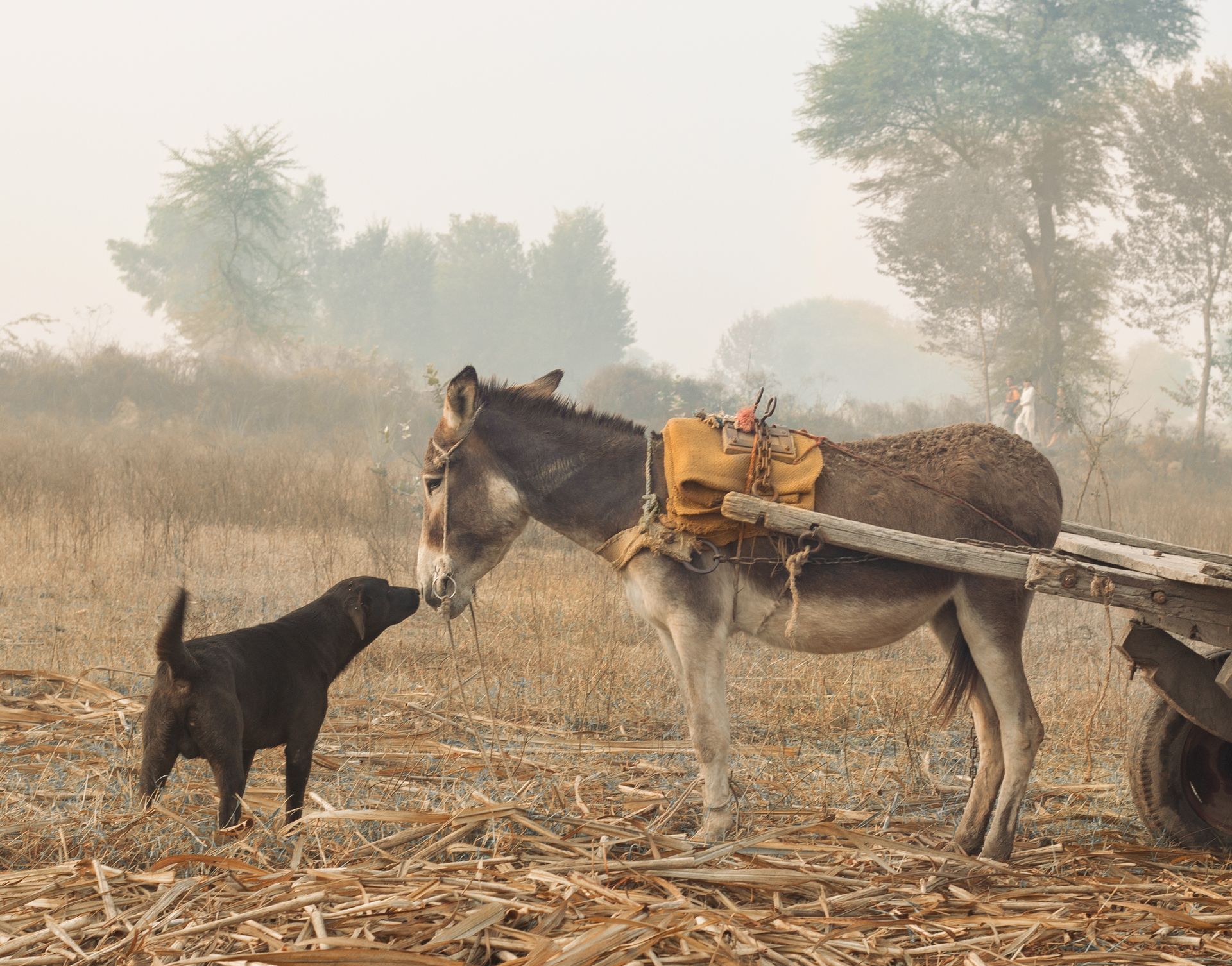
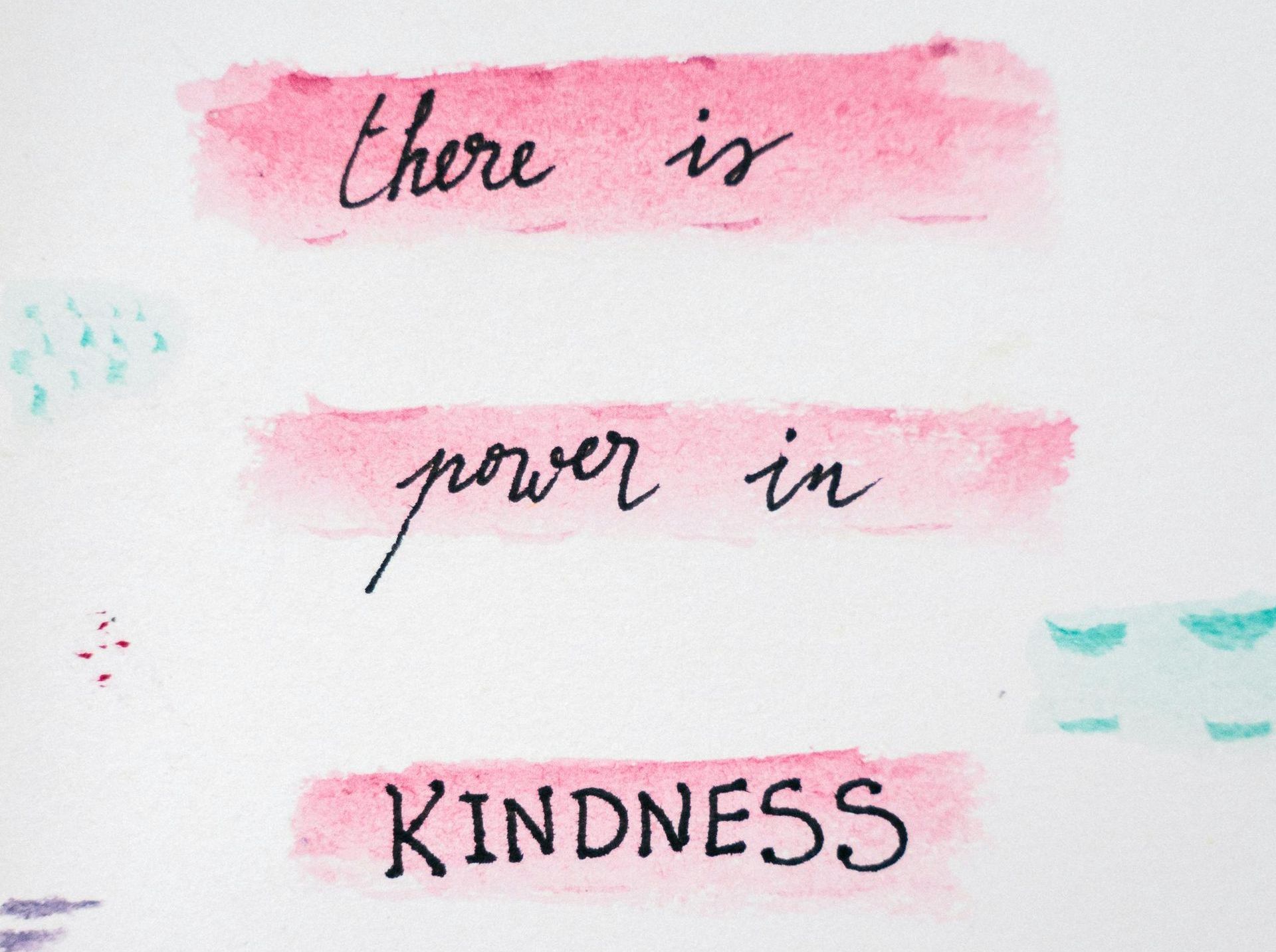
WELLBEING FOR HUMANS & NON-HUMAN ANIMALS THROUGH VEGANISM & ANTI-SPECIESISM
WHAT IS VEGANISM?
Veganism is a plant-based lifestyle with the aim of creating a more compassionate and greener world for all life including humanity. Veganism in its broadest terms is based on kindness, empathy and compassion and consists of a plant-based diet that does not contain meat, dairy, fish, or poultry. Veganism does not use any animal products for diet, clothing, cosmetics, or cleaning products and seeks to reduce animal by-products in as many other aspects of life as possible. By leading a vegan lifestyle, you reduce animal suffering and exploitation, reduce climate change and use less natural resources. There are four reasons why people choose to go vegan: ethical, environmental, health or spiritual.
ETHICAL
The "Ethical Vegan" is a person who has a high moral standpoint against animal exploitation, discrimination, suffering, cruelty and seeks to exclude ALL animal products from their lifestyle in as many forms as possible. An "Ethical Vegan" has a high awareness of speciesism and seeks to aid the liberation of all non-human animals in as many ways as possible. An “Ethical Vegan” see’s non-human animals for what they are: living, breathing, sentient beings with thoughts, feelings, emotions and desires of their own. An "Ethical Vegan" sees all non-human animals as individuals with their own needs, choices, life and considers the wellbeing of all other non-human animals as well as the environment through the daily choices they make and how they conduct their own life.
ENVIRONMENT
The environmental vegan is someone who leads a vegan lifestyle because they are concerned about the health of the planet and climate change. Veganism is the biggest impact you can make as an individual to reduce climate change and protect the natural world for many reasons. A vegan diet/lifestyle uses less natural resources, takes less space and a study from Oxford University has shown a vegan diet/lifestyle can cut down your carbon footprint by 73%, making it the most successful way in reducing your CO2 footprint as an individual. The "Environmental Vegan" is also someone who is energy aware and will often choose this lifestyle because it reduces energy consumption and water usage, particularly in agriculture and the manufacturing of food. Veganism ultimately protects against environmental degradation and soil infertility which protects the future for all life, including humanity.
HEALTH
The "Healthy Vegan" is someone who chooses a vegan lifestyle for health reasons or to promote better health. A vegan diet is one of the healthiest lifestyles you can lead when based on whole foods. A vegan diet tends to provide you with more antioxidants, fiber, vitamins: A, C, & E (123), and even iron on a complete balanced vegan diet. A vegan diet can be extremely varied with fresh whole foods, dairy alternatives, nuts, pulses, and you are even able to get your protein, omega-3 and fatty acids by eating vegan foods. We would always recommend anyone leading a vegan lifestyle to take a B12 supplement, (Remember that meat and diary consumers also get their B12 also from a supplement which is force fed to the non-human animals. This is due to the soil degradation/infertility or the non-human animals being farmed intensively indoors). The benefits of eating a whole food vegan diet include: weight loss or lower body mass, reduced risk in heart disease and cholesterol levels, helpful in diabetes management, better gut health, less chance of developing anti-biotic resistance (non-human animals in the meat, diary, poultry and the fishing industry are force fed antibiotics), and studies claim plant-based diets even reduce the risk of cancer.
SPIRITUAL & RELIGIOUS
Some people lead a vegan lifestyle due to spiritual or religious beliefs. Veganism & vegetarianism are deeply rooted in Hinduism, Jainism, Seventh-Day Adventist Church, Rastafari, and Buddhism.
Jainism, Buddhism and Hinduism all have one thing in common "Ahimsa". Ahimsa means nonviolence which is a key virtue which is applied to all living things, hence many that follow these religions become vegan or vegetarian depending on how far they practice this virtue due to the "ethical/spiritual" reasons or veganism.
Seventh-Day Adventist's that practice this religion eat a vegan or vegetarian diet due to (Genesis 1:29) " God created plants, seeds, and fruits to be human food, and therefore human diets should be entirely plant-based’.
Rastafarians that practice Rastafari eat a diet free from meat, additives, and chemicals to stay healthy and connected to the earth. This style of vegan eating by the Rastafari is known as "Ital cooking" and more commonly phrased by Rastafarians as "Ital is vital".
Many spiritual but non-religious people also follow a vegan lifestyle due to the fact of not wanting to cause harm, to create more peace and respect the same spark of energy or divine light in all living things "the soul", ultimately following the line of natural life energy from start to end with kindness, empathy, and compassion.
People who also believe in the philosophy of "karma" may also follow a vegan lifestyle due to the completion of the energy cycle of karma.
WHAT IS SPECIESISM?
Speciesism is the human held mindset that all other animals are inferior to humans, allowing us to exploit or discriminate against for our own personal use or capital gains, by treating animals as a product, property, or ingredient. There are varying levels of speciesism and sometimes we even discriminate against different animal species differently.
EXAMPLE: If you were campaigning against feminist issues or for female rights, but you weren't leading a vegan lifestyle, that would be a form of speciesism because the whole of the meat and dairy industry is discrimination and exploitation against female biology, and effectively you would be saying female rights matter for humans but not non-human animals.
EXAMPLE: Many people love dogs and see them as sentient companion animals with thoughts, feelings, needs and their own personalities. These same people would be less likely to drink dog milk or eat dog meat. Yet many of the same people also partake in the meat and dairy industry which condemns cows and pigs who also display the same affection and sentience as dogs, but the person values the lives of cows and pigs less, allowing them to discriminate and exploit against for their own personal needs, such as cow milk or cow and pig flesh.
ANIMALS IN ENTERTAINMENT & CAPTIVITY?
Animals within the entertainment industry also suffer due to speciesism. Many animals are forced to perform tricks, or confined for animal selfies, riding experiences, animal encounters, kept in zoos or dolphinariums, kept in other forms of captivity for exhibiting purposes or spend a life in travelling captivity with circuses. Our need to see these animals, see animals perform tricks or even get up and close for riding or selfie experiences is for our own benefit, amusement and often ego and this is where the exploitation and discrimination comes in. Seeing an animal in entertainment does not take in to account the wellbeing of the animal, its needs or its natural environment often causing the animal to suffer physically, mentally, and emotionally. Animals are forced into these positions with no choice to make money for the establishment or owner. The establishment or owners are relying on the lack of education of speciesism so they can continue to profit and exploit, meaning people keep buying tickets to these types of attractions or roadside activities.
ANIMAL HUNTING?
Many animals are persecuted for a sport know as hunting, trophy hunting, shooting, baiting, or coursing. These hunting acts are a very clear form speciesism. The fact that people that partake in this type of activity knowing they are taking life from a non-human animal for the joy, thrill, amusement or to fill one’s own ego is a clear example of speciesism. Many animals suffer here in the UK and all over the world from this activity and speciesist mindset.
ANIMALS IN THE FOOD INDUSTRY?
All animals in the meat, dairy or fish industries suffer due to speciesism. These animals are not treated as living breathing sentient beings but rather as a product or ingredient. The welfare of the animals is poor and one of suffering throughout their entire life span and when they have fulfilled their purpose, or they can no longer breed or produce milk or eggs the result will be death. Many of these animals will be continually inseminated (raped) and have their young taken from them almost days after birth for other production use. The industry markets words like pork or beef to make it more comfortable for the consumer when the real product is pig or cow flesh, not “pork” or “beef” this is strategic marketing. The reliance of humans exploiting non-human animals in this way is one of the biggest forms of speciesism and speciesist mindset.
ANIMAL PRODUCTS?
Many animals are exploited against for other products other than food. Some of this exploitation and discrimination can lead to life of prolonged suffering (mink eyelashes) or death for the animal (fur or skins). The fashion industry is like the food industry and markets products in a way to make it more comfortable for the consumer to partake in. Products such as leather, fur, wool, silk, animal skins such as: reptile, kangaroo and ostrich skins are all forms of speciesism when you buy or wear them. Beauty products purchased that aren't certified vegan or cruelty free all come down to lack of education around speciesism, or a choice of cruelty when purchasing them, as there are many cruelty free/vegan alternatives now available at similar costs.
ANIMAL TESTING?
Around 4 million animals are used in UK laboratories every year. These animals consist of: beagles, hamsters, gerbils, guinea pigs, birds, fish, rats, rabbits, cats, dogs, monkeys, reptiles, pigs, sheep, cattle, horses, and mice. Beagles are deliberately exploited as they are more placid and less likely to resist or retaliate towards lab workers. It is currently UK law that animal testing is required for the development of new medicines and treatments, however more and more research is proving that we need to move away from animal research and many organisations such as PETA and Animal Aid UK are campaigning for change around this legislation.
"The government describes an animal experiment as a ‘procedure’ that is ‘likely to cause pain, suffering, distress or lasting harm’. The majority of animals used are bred specifically for the purpose and are kept in small cages or kennels inside the laboratories. After the animals have been used in experiments they are usually killed. Some will be used in ongoing experiments over a period of months, or even years". Animal Aid UK.
Now with no alternative you could argue how is this speciesism. REMEMBER we would always recommend you follow the advice of your doctor or physician, but shouldn't we also have a choice around the way our medicines are developed rather than have it dictated to us? Shouldn't we all be campaigning for this change? This is where if we are happy to just go along with the system the speciesist mindset exists.
Medical research is developing all the time and there are lots of non-animal tested products out there. Some of these medicines have been developed by humane non animal methods, such as: human cells or tissue cultures, clinical case studies, epidemiology studies, computer programs, microfluidics and organ-on-a-chip technologies.
Animals are also tested on for: product safety tests and warfare research.
Does animal testing save lives? Here is what Animal Aid UK states: "Animal experiments are unreliable and misleading. This is because animals’ bodies are different from ours. They do not react to chemicals in the same way, and they do not suffer from the same diseases as people. The success rate for predicting the harmful side effects from animal experiments is only 5 - 25%, which means we would be better off tossing a coin. It is hardly surprising that nine out of ten new medicines that pass animal tests, fail when they are subsequently tried out on humans in clinical trials. Substances that are harmless to humans may be toxic to animals, and vice versa. Many drugs that were passed as safe in animal tests have been withdrawn after causing serious side effects, even deaths, when given to people". Animal Aid UK.
LEARN MORE ABOUT GOING VEGAN - CLICK THE LINKS BELOW:
DOWNLOAD THE VE-GUIDE NOW & GET STARTED